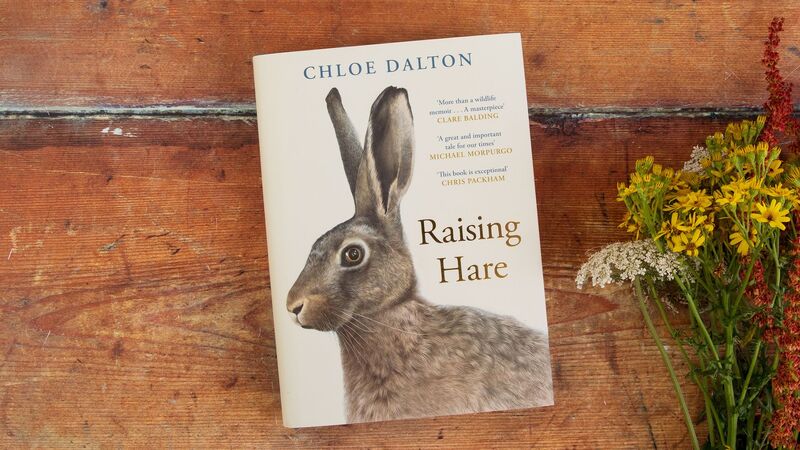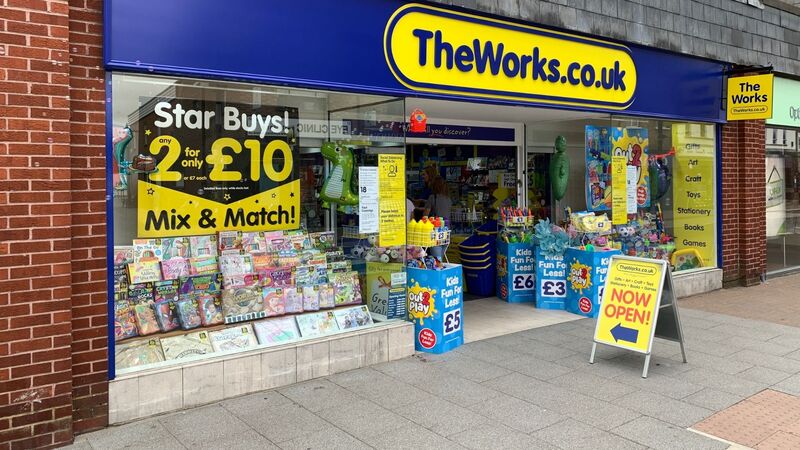You are viewing your 1 free article this month. Login to read more articles.
Book People returns to profit after period of 'great change'
The Book People returned to profit in 2016, two years after venture capital company Endless made a £10-£20m investment to acquire co-founder Ted Smart's share.
The retailer achieved a profit-after-tax of £3.6m for the year to 31st December 2016, compared to a loss of £5.4m in 2015 - an improvement of £9m - while EBITDA, which it says its “key profit metric”, stood at £8m, up from £3.4m last year. Sales, however, dipped slightly to £71.8m, down from £73m.
It is the first time the company has achieved a profit since Endless made its investment.
The company has achieved the turnaround after a rocky period which saw its two founders Seni Glaister and Ted Smart leave the business, replaced by former Molton Brown m.d. William Wellesley. 2015 also saw the retailer undergo a significant restructure, close its Coventry warehouse and move operations to Haydock, as well as reduce its number of distributors in its Index division and cut its overall workforce by one third.
Wellesley told The Bookseller: “I am very grateful to all staff who have helped take the company through a period of very great change and a period where things were not going very well, to a position where things are going fairly well and the future is looking optimistic.”
He also thanked shareholders and parent company Endless for supporting the turnaround.
The year 2016 saw The Book People complete its “change” programme, according to company financial results. TBP said it now operates a “successful multi-channel operation” with more efficient warehouses and catalogues which in turn drives business towards its e-commerce website.
The year also saw it reduce costs. Following the trend of the previous year, The Book People “rationalized” its number of self-employed field workforce distributors (selling from catalogues) by 16 from 216 to 200, ensuring “only the most successful and hardworking distributors who enhance the group’s reputation are retained”.
The retailer also reduced staff costs, despite upping permanent staff members from 300 to 315, and reduce the number of catalogues it prints.
Wellesley said despite the traditional catalogue business model being under significant pressure “in the modern day world”, the retailer was committed to its catalogue business, which helps in turn to drive online sales. However, its e-commerce arm now accounts for 50% of its business, with school and catalogues sales combined accounting for the other 50%.
TBP is dealing with changing consumer demands in its catalogue arm by empowering distributors to be more entrepreneurial. It is also targeting the schools business, hiring Troubadour sales director, Rob Kittlety, as managing director of field sales, holding school book fairs and investing in “book buses”.
Wellesley said: “We will look to work with distributors who are high class, have business plans and who are able to initiate change.” To this end, the company has created “super distributors” who have shown entrepreneurial initiative and are given permission work across multiple geographical territories. “The school book bus idea, for example, was from one of our distributors in Liverpool. He bought a bus and we gave him funding to wrap it and make it look good. It is a two-way street, we invest in them to create change as well,” he said.
Going forward, the company aims to be seen as the authority in children’s books, which it began by launching the Bedtime Story competition to publish a children’s title last year and will continue to build this year.



















